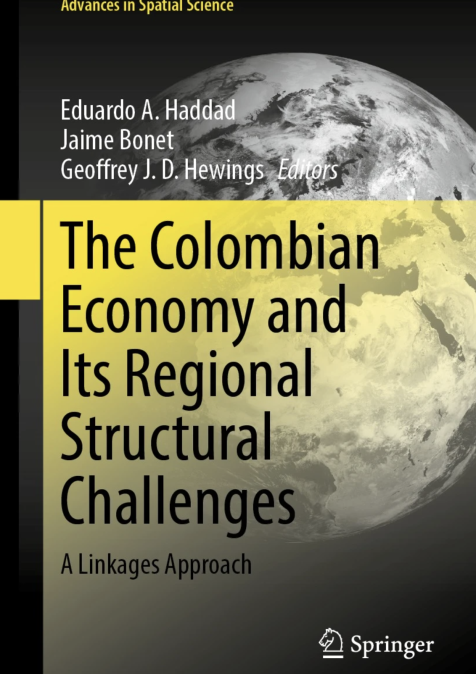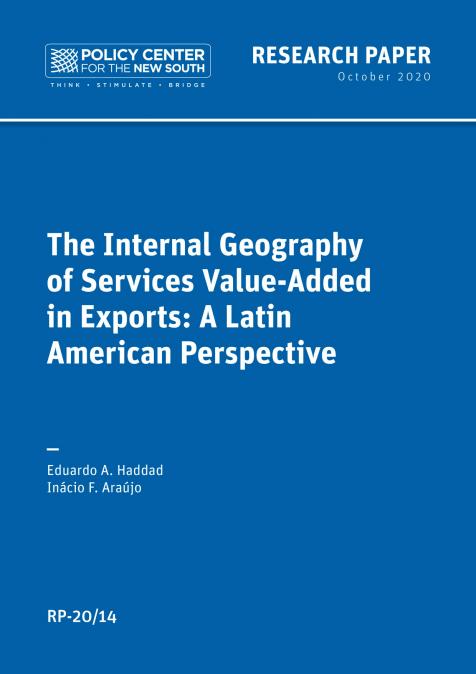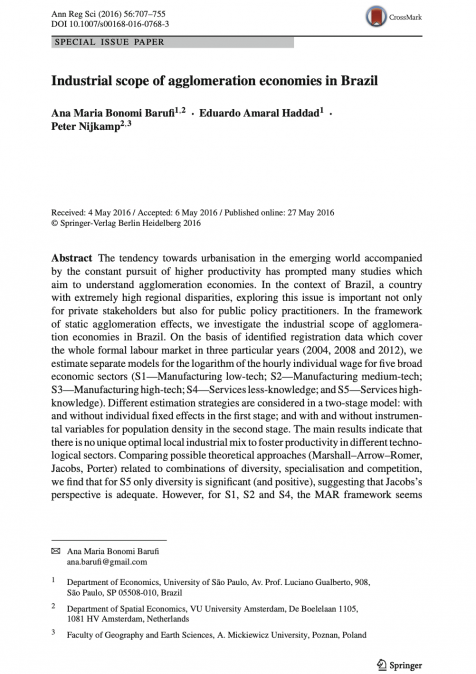Publications /
Book / Report
This Book was originally published on springer.com
This book examines regional structural challenges on Colombia’s path to sustainable social cohesion and regionally inclusive growth. These challenges can be divided into three main groups: (i) those that focus on competitiveness and the supply side, (ii) those that arise from critical business cycle issues on the demand side, and (iii) those concerning environmental sustainability, employment and social inclusion.
The contributions, written by experts on Latin American economics and regional science, apply quantitative simulations based on a unified general equilibrium framework and address a wide range of topics, including: Colombia’s competitive integration in global markets, human capital profiles, regional economic disparities and public and private mechanisms of interregional income transfer. The challenges entailed by such high-profile and long-term issues as productivity growth and climate change are also analyzed.
In addition, the book positions Colombia’s experiences in an international comparative context. It argues that many other Latin American countries face similar challenges and provide evidence to substantiate this claim. By doing so, it offers valuable policy lessons for Latin American countries with similar difficulties.









